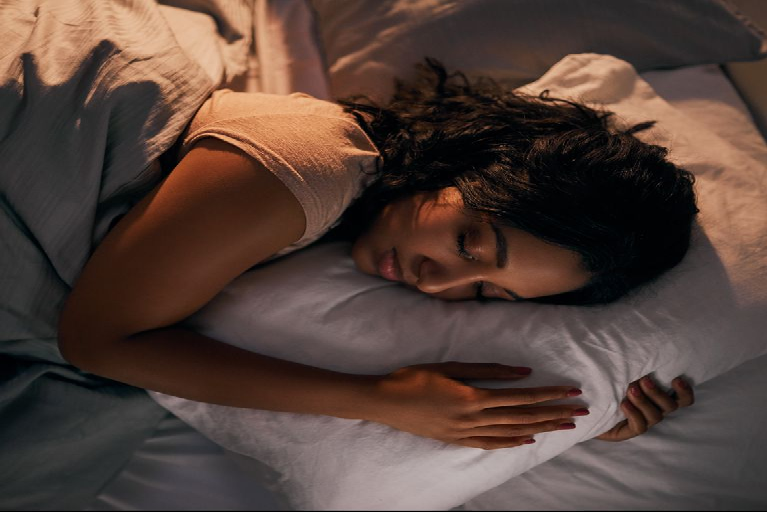How to Know If You Have a Sleep Disorder
Ask Yourself These Simple Questions If You Think You Have a Sleep Disorder
First off: Are you getting enough rest?
If despite your best efforts to make sleep a priority, you’re always exhausted, it might be time to take a good hard look at your bedtime habits. Do you simply need to log more zzzs, or could you possibly have a sleep disorder? It’s estimated that about 70 million Americans suffer from one of the several major conditions that disturb normal sleep patterns, according to Cleveland Clinic.
Types of sleep disorders
There are more than 80 types of sleep disorders, but the major ones include:
- Insomnia
- Narcolepsy
- Sleep Apnea
- Restless Leg Syndrome
Insomnia:
Insomnia, characterized by the inability to fall asleep or stay asleep, is the most common and easy to identify, says Raj Dasgupta, M.D., a physician at USC’s division of pulmonary, critical care, and sleep medicine. In other words, if you have insomnia, you likely know it. Many adults experience short-term insomnia (lasting for days or weeks) at some point in their lives—usually as a result of stress or a traumatic event, according to Mayo Clinic. If insomnia is making it difficult for you to function during the day, you should consider seeing a doctor.
Narcolepsy:
According to the Adult Narcolepsy Symptom Screener, if you can relate to a fair number of these scenarios, you may be experiencing something called excessive daytime sleepiness—one of the “big five” symptoms of narcolepsy, according to Dr. Dasgupta. The other four symptoms include:
- Poor sleep during the night
- Cataplexy (sudden, uncontrollable muscle weakness or paralysis while awake, triggered by strong emotion such as excitement or anger)
- Sleep paralysis (temporarily being unable to move or speak while falling asleep or waking up)
Visual hallucinations while falling asleep
According to the National Institute of Neurological Disorders and Stroke, narcolepsy is a neurological disorder which keeps the brain from properly managing the body’s sleep-wake cycles. Those with the disorder experience high levels of daytime sleepiness, and may unwillingly fall asleep even if they are in the middle of an activity like driving or talking, with little or no warning. Sleep paralysis—an inability to move or speak even when partly awake—can also some times occur, as can weakness or loss of muscle control.
Obstructive sleep apnea:
Almost 30 million people in the U.S. have the disorder, Dr. Dasgupta says, making it the most common type of sleep apnea. It occurs when the soft tissue in the back of the throat relaxes and blocks the passage of air.
Those with sleep apnea suffer from episodes of briefly interrupted breathing during sleep, causing them to partially wake up as they struggle to breathe. These episodes typically last 10 seconds or more and happen throughout the night.
Restless Leg Syndrome:
Restless leg syndrome is exactly what it sounds like—those affected by it experience an intense and often irresistible urge to move their legs, typically in the evening (making it difficult to fall asleep). Though RLS is not technically a sleep disorder (because symptoms occur while you’re awake), Dr. Dasgupta says he and other sleep doctors group it in with sleep disorders because it can lead to insomnia and therefore daytime sleepiness.
When to talk to a doctor about sleep issues
Think about how you’re functioning during the day. “When [daytime sleepiness] affects your job, school day, relationships, or social interactions, you should be concerned about what’s going on at night,” Dr. Dasgupta advises.
Having poor quality of sleep affects every single part of your body, he says, which is why it’s important to make getting enough good sleep at night a priority. On a broad scale, sleep disorders can lead to impaired memory, poor decision-making, errors during work, and injury.
If you suspect you may be experiencing symptoms of a sleep disorder, consult your doctor.






























